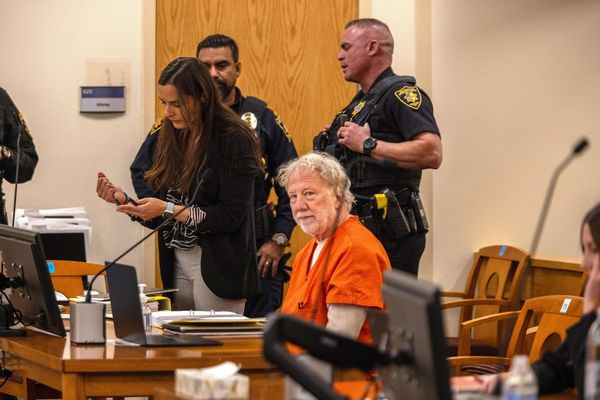
When Senator Jacinta Price poured scorn on the Indigenous Voice in her first speech to the 47th Parliament a few weeks ago, few First Nations peoples were surprised. Price was elected to represent the Northern Territory from the Country Liberal Party. Her mother, Bess Price, was a favourite of John Howard’s, and gave vocal support to the NT Intervention.
But for some non-Indigenous Australians looking for guidance on how to think and feel about enshrining an Indigenous Voice to Parliament in the Australian constitution, Price’s remarks caused confusion and concern.
Hadn’t there been a long process that had achieved consensus among the Aboriginal and Torres Strait Islander communities about what was needed to advance their causes? And if there was no agreement that the Voice would help, how should the rest of us vote in the 2023 referendum?
The answer to the first question is yes, there was an extended, First Nations-driven process that took place over years, culminating in a collectively written plea from Indigenous peoples — the Uluru Statement from the Heart — part of which requests a constitutionally enshrined Indigenous Voice to the federal Parliament.
Following this, further work was done, such as the 272-page report by Professor Marcia Langton and Professor Tom Calma on the results of the co-design process that fleshed out what a Voice to Parliament would look like (“a cohesive and integrated system comprised of local and regional Voices and a national Voice with connections to existing Aboriginal and Torres Strait Islander bodies”) and how it should be implemented (in continued partnership with local and regional Voices).
But while the Uluru statement claims to represent the largest consensus of First Nations peoples, the Langton-Calma report is more modest. It says that while its final proposals “represent either the unanimous or clear majority view of the co-design groups”, it doesn’t represent everyone.
Which should be obvious. We wouldn’t expect white people to agree on even low-stakes quandaries like the best colour to paint a house, whether Velcro or shoelaces on sneakers are better, or whether the week starts on Sunday or Monday. Why we would think a consensus view would or should emerge among the land’s 798,400 First Nations peoples about a high-stakes question about how to build a better future for themselves, their kids, and their communities?
Especially when the answer to that question is liberally seasoned with the disappointment, rage and betrayal of the four previous attempts to fashion a version of the same representative solution. And when we know how much internecine dissent was papered over by Reconciliation Australia seven years ago when the question up for debate was whether Aboriginal and Torres Strait Islander peoples wanted to be recognised within the Australian constitution — and if so, what form that recognition would take.
This is not to say that I think Price’s critique of the Voice is intelligible or even made in good faith (but as it happens, I don’t). My point is that those of us wanting a clear signal from First Nations peoples on how we should think about the Voice and vote next year need to stop such silliness.
Because in the same way that there is no singular point of view of “white people” or “women”, there’s no unified “Indigenous” one either. If we want to know how to vote, we’ll need to do what we do on every other issue: take the advice of someone we trust, or find some reputable sites, do some reading and make up our own bloody minds.
Is there a need for clarification or expansion in the Voice? Let us know your thoughts by writing to letters@crikey.com.au. Please include your full name to be considered for publication. We reserve the right to edit for length and clarity.







